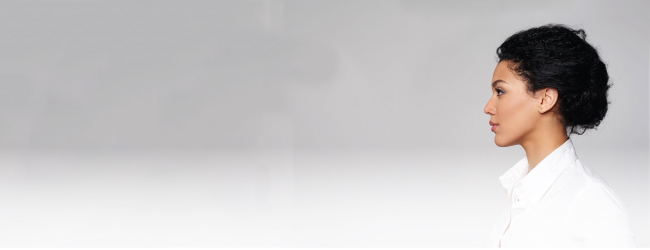
The Eerie Silence of “#MeToo-in-the-law” The Gender Bias Impact
“Me Too” or “#metoo” spread virally in October 2017 on social media demonstrating the widespread prevalence of sexual assault and harassment, especially in the workplace, which followed soon after public revelations of egregious sexual misconduct allegations against powerful movie producer Harvey Weinstein. On January 17, 2018, the Contra Costa County Bar Association invited members of the Bar to participate in a “#metoo-in-the-law.” However, only a small handful of people responded. Though anonymity was offered, a good many female attorneys noted concern of retaliation should they contribute. Female attorneys from the entry level associate to senior partner confirm a concern of retaliation hence reasonably believe the legal industry will not likely experience a similar “Weinstein” triggered “me too” moment.
What causes this eerie silence in the law?
There are many complicated factors which require far more analysis than can be accomplished here, though a powerful motivating element is gender bias which seeps into nearly all elements of a legal workplace.
Gender bias is an “inclination towards or prejudice against one’s gender.” Further, a subconscious gender bias is “an implicit association or attitude about … gender that operates beyond our control and awareness, informs our perception of a person or social group, and can influence our decision-making and behavior toward the target of the bias.”
Female attorneys must overcome significant gender bias to be seen as equals to their male counterparts within the legal community. We all know girls are made of “sugar and spice, and everything nice” while boys are made of “snips and sails, and puppy-dogs’ tails.” This popular nursery rhyme is one of the many foundations of gender bias taught at a young age. As we mature into young professionals, these apparently innocent stereotypes develop into social and professional expectations which do not support women in positions of authority or leadership. Who wants to engage a “nice” attorney? In contrast, a female is often attacked for failing to be “nice.” Female attorneys anticipate gender bias, however do not find bias acceptable, facing this challenge through minor to major battles on a daily basis.
Strong, smart, committed, and articulate. These are just a few of the attributes which describe a female attorney. Now envision the same female attorney as a victim of sexual harassment or gender discrimination. Does she still appear the same? Is she now weak, daft, emotional and challenging? A disturbing notion impacted by gender bias is gripping the legal profession; that when one is smart and strong they will be insulated from sexual harassment or gender discrimination, thus shifting the blame onto professional women for not being good enough to rise above or allowing herself to be victimized. In other words, making a complaint is an admission by the female of failure. Though the truth of the matter is simple when gender bias is absent, being an attorney does not insulate one from sexual harassment or discrimination nor does one’s abilities preclude them from abuse of any kind.
Contrary to any belief otherwise, it takes immeasurable strength to make a complaint of harassment and discrimination in any setting, compounded by the legal setting itself.
Thus a female attorney who brings a complaint is by no means less than, far from it, she is a super-hero. Though it is understandably hard for anyone to appreciate their hero status when facing harassment and discrimination, a complaint and concerns of retaliation.
One of the most difficult elements of gender bias is that a great many people are unaware they are engaging in bias, it is subconscious. The legal community is not rife with evil monsters intentionally engaging in harassing, discrimination, retaliation and failure to properly respond to complaints, the large majority of attorneys are not consciously trying to harm their peers. Nevertheless, sadly, gender bias has a significant grip on our legal community which may be just one explanation as to why there has not been a significant national “#metoo-in-the-law” movement as of yet. Even so, there are steps taken every day by courageous males and females throughout the legal industry to right these wrongs. One way we can all participate regardless of our gender is to take time to understand gender bias, learn to recognize and address it in ourselves and others. Ultimately, as the enforcers of the law, the goal would be that we would not have a need for a “metoo-in-the-law.”